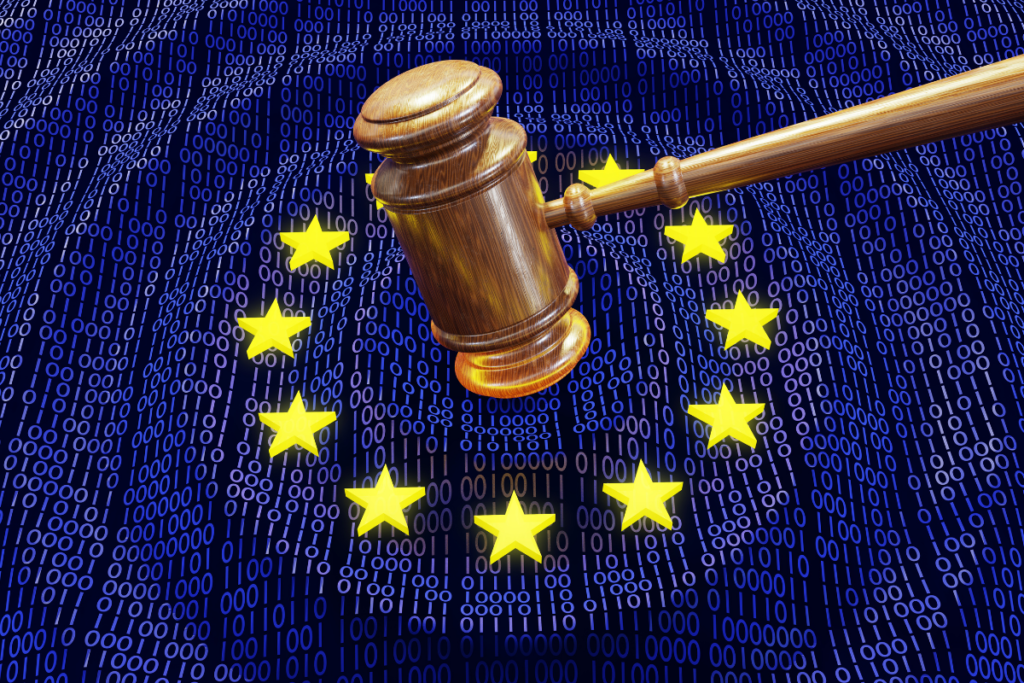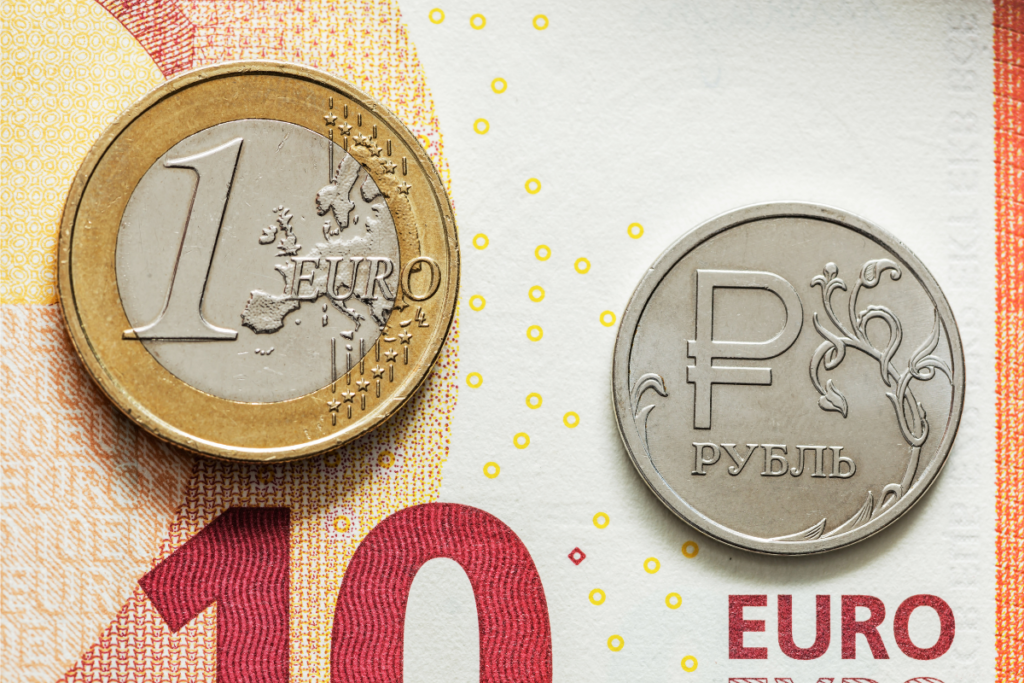The sanctions effectively freeze the Russian central bank’s assets in the United States, limiting its ability to use its huge foreign exchange reserves to buy rubles and maintain the value of its currency. The ruble’s value tumbled on Monday after the United States and its Western allies moved to reduce the roughly $600 billion in reserves their countries hold in Russia’s central bank and further cut Russia’s ties to the global financial system. Russia’s central bank more than doubled its main interest rate to 20 percent, and the ruble fell to a record low on Monday after the weekend led to new tough economic sanctions from the United States and the European Union. While the Russian currency has recovered slightly over the past few hours, the Russian currency ruble has fallen about 30% to its lowest level since the latest sanctions.

The Russian economy has barely grown since the West imposed financial sanctions on the Kremlin in 2014. The Russian economy will inevitably suffer from Western sanctions that will block the largest Russian banks and companies without US dollars and British pounds. Western countries have announced increasingly harsh economic sanctions against Vladimir Putin, his family and inner circle, and the Russian economy, ranging from airspace closures to asset freezes. The latest sanctions, imposed after President Vladimir Putin’s approval ratings plummeted following the annexation, could have a bigger impact on ordinary Russians.
Since Russia’s annexation of Crimea in 2014, several Russian figures have been sanctioned, including Alexander Bortnikov, head of the Federal Security Service, the powerful Internal Security Service and Russian counterintelligence. The sanctions also restrict technology exports to Russia and put pressure on the Russian technology industry. The blocking of energy exports and payments to Russia is seen by some analysts as the latest step in an escalating US sanctions campaign.
Pressure is mounting on American and European allies to impose tougher sanctions on Russia for its military incursion into Ukraine, focusing on the country’s most important financial area: energy. The escalation of the Russian war in Ukraine has led to unprecedented economic sanctions against the country. WASHINGTON. The United States has taken important and unprecedented actions in response to Russia’s continued invasion of Ukraine, resulting in severe economic costs that will have both immediate and long-term implications for the Russian economy and financial system. London/Moscow (CNN Business) Russia struggled to avert a financial collapse on Monday as its economy was hit by a volley that broke Western sanctions imposed over the weekend in response to its invasion of Ukraine.
The U.S. imposed a slew of sanctions on Russia this week The U.S. and Russia were one of the hardest-hit Moscow this week, but the slow pain they inflicted may not be enough to stop President Vladimir Putin from “increasing the invasion” of Ukraine. experts say. New York, America is even as Western allies put new economic pressure on Russia to deter Russian President Vladimir Putin from escalating Ukraine’s war with Ukraine. Rather than dividing Western allies, as President Vladimir Putin had hoped, the invasion of Ukraine led to unusual unity, with an almost immediate agreement on widespread financial sanctions and export bans, leading to a growing number of Western companies shy away from business or investment. in Russia. The European Union has banned most deals with Russia’s central bank, Russia’s finance ministry and foreign investment funds, preventing Russian President Vladimir Putin from accessing money he has hidden for years to cushion the impact of sanctions.
OFAC has imposed a full block on VTB Bank, the second-largest Russian financial institution, owning almost 20% of banking assets in Russia VTB Bank, the second-largest Russian financial institution, owning almost 20% of banking assets in Russia. The US Treasury Department of Foreign Assets Control (OFAC) today launched expansionary economic measures in partnership with allies and partners, targeting the core infrastructure of the Russian financial system, including all major Russian financial institutions. attract capital and further prevent Russia from entering the global financial system. Large Russian banks are deeply integrated into the global financial system, which means sanctions can be felt far beyond Russia’s borders. The crackdown on its major banks and the exclusion of some of them from the secure SWIFT messaging system that links financial institutions around the world will also make it difficult to sell export commodities, including oil and gas, despite Russia’s lifeblood trading. have not yet been directly sanctioned.
The separation of Russia from international banking and finance will also spread pain throughout the economy. The Russian economy is already feeling the effects of the war, and sanctions could, over time, cause the Russian stock market to fall further, depreciate the ruble, which hit an all-time low on Thursday, and make doing business in Russia even more difficult. Major Russian banks are in the line of fire due to Western sanctions, especially the package of measures launched by Washington and London.
